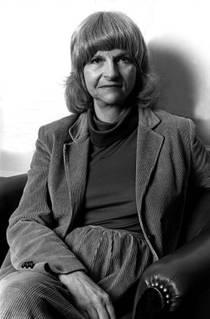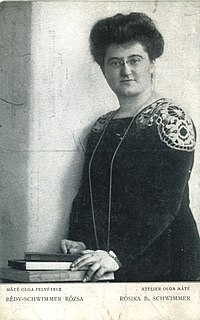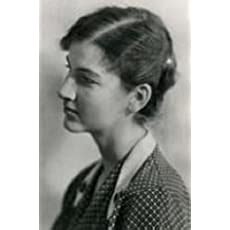A Quote by Alison Lurie
Other wars end eventually in victory, defeat or exhaustion, but the war between men and women goes on forever.
Quote Topics
Related Quotes
Is it not tragic, for example, that while in the last World War almost everyone believed it was the war to end all wars and wanted to make it so, now in this Second World War almost no writer that I have read dares even suggest that this is the war to end all wars, or act on that belief? We have lost the courage to hope.
A warrior accepts defeat. He does not treat it as a matter of indifference, nor does he attempt to transform it into a victory. The pain of defeat is bitter to him; he suffers at indifference and becomes desperate with loneliness. After all this has passed, he licks his wounds and begins everything anew. A warrior knows that war is made of many battles: he goes on
Wars are fought to gain a certain objective. War itself is not the objective; victory is not the objective; you fight to remove the obstruction that comes in the way of your objective. If you let victory become the end in itself then you've gone astray and forgotten what you were originally fighting about.
The casualties in the Civil War amount to more than all other wars - all other American wars combined. More people died in that war than World War II, World War I, Vietnam, etc. And that was a war for white supremacy. It was a war to erect a state in which the basis of it was the enslavement of black people.





































